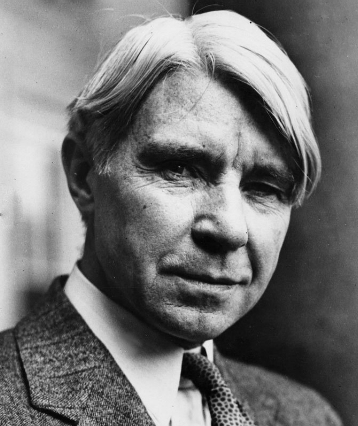Introduction
The Great Depression of the 1930s and 1940s crippled the global economy, and made for one of the most harrowing periods in American history. Carl Sandburg (1878–1967), America’s beloved Midwestern poet, was inspired to write a book-length poem titled The People, Yes (1936) as an ode to those hardest hit by unemployment and poverty. In this excerpt from Sandburg’s work, he calls upon the memory of Lincoln, about whom he had earlier written a four-volume Pulitzer Prize–winning biography. This work, he later said, was “my footnote to the last words of the Gettysburg Address.”
How is Lincoln a “mystery”? Look carefully at the list of the things to which Lincoln says “yes”—what are they, and do they fit together? What about the things to which he says, “no”—what are they, and do they fit together? How is Lincoln like a poet? What does it mean to say “yes” (or “no”)? What is the relation between the last two lines of Sandburg’s poem and the rest of it?
Lincoln?
He was a mystery in smoke and flags
Saying yes to the smoke, yes to the flags,
Yes to the paradoxes of democracy,
Yes to the hopes of government
Of the people by the people for the people,
No to debauchery of the public mind,
No to personal malice nursed and fed,
Yes to the Constitution when a help,
No to the Constitution when a hindrance
Yes to man as a struggler amid illusions,
Each man fated to answer for himself:
Which of the faiths and illusions of mankind
Must I choose for my own sustaining light
To bring me beyond the present wilderness?
Lincoln? Was he a poet?
And did he write verses?
“I have not willingly planted a thorn
in any man’s bosom.”
I shall do nothing through malice: what
I deal with is too vast for malice.”
Death was in the air.
So was birth.
Return to The Meaning of Abraham Lincoln’s Birthday.



Post a Comment